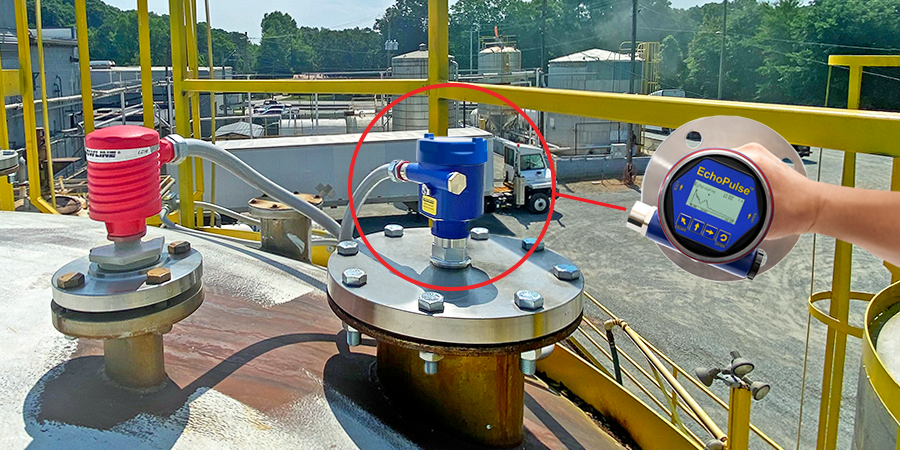Choosing the right fountain nozzle for your fountain is an important decision. The nozzle you select will determine the look and feel of your fountain, as well as how it performs. Stainless steel fountain nozzles are popular for their durability and aesthetic appeal, but there are a few things to consider when selecting one.
Size and Shape
The size and shape of the nozzle should be taken into consideration when selecting the right nozzle for your fountain. If the nozzle is too small, the fountain will not be able to reach its maximum height. If the nozzle is too big, the fountain will be too powerful and could cause splashing. The shape of the nozzle also affects the fountain’s performance, so it’s important to select a nozzle with the correct shape. You can also go to the website to know more about fountain nozzles.

Image Source: Google
Flow Rate
The flow rate of the nozzle is also an important factor. The flow rate determines how much water is ejected from the nozzle. If the flow rate is too low, the fountain will not reach its maximum height. If it is too high, the fountain will be too powerful and could cause splashing.
Aesthetic Appeal
The aesthetic appeal of the nozzle is also important. The color and finish of the nozzle should complement the rest of the fountain. Stainless steel nozzles are available in a variety of finishes, so it’s easy to find one that will match the look of your fountain.
Durability
Stainless steel is a durable material and can withstand the elements for many years. It is also resistant to rust and corrosion, which makes it a good choice for outdoor fountains.

